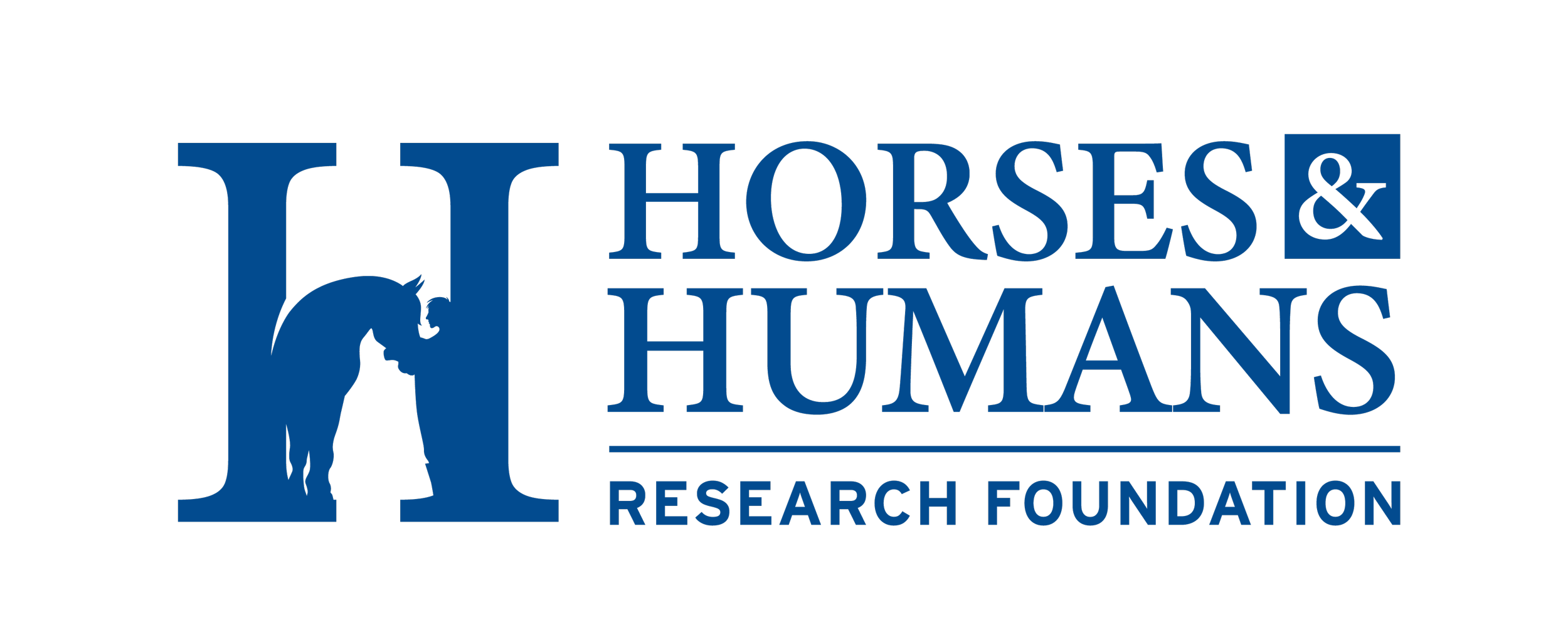ABOUT EAS
What is EAS
Equine Assisted Service (EAS)is a comprehensive term for all equine activities and therapies designed for people with disabilities or diverse needs. Though the term has come into use only since the 1990’s, these activities have been gaining popularity for decades and even centuries.
Who participates in EAS programs?
People of all ages and backgrounds with cognitive, physical, emotional and social challenges or disabilities.
Why horses?
The walking gait of horses is similar to that of humans, providing a stimulating multidimensionality that is useful in many forms of therapy. Horses are herd animals, which means they are communicative and sensitive, behavioral characteristics that can be incorporated into a variety of program plans. Being in the farm environment and interacting with equines who each have personalities (and sometime peculiarities!) is a motivating factor for many participants - in other words, it makes the ‘work’ fun.
What are some examples of equine assisted activities and therapies?
Equine Assisted Learning is an experiential learning approach that promotes the development of life skills for educational, professional and personal goals through equine-assisted activities.
Equine Facilitated Psychotherapy is an interactive process in which a licensed mental health professional working with or an appropriately credentialed equine professional partners with suitable equine(s) to address psychotherapy goals set forth by the mental health professional and the client.
Hippotherapy refers to how occupational therapy, physical therapy, and speech-language pathology professionals use evidence-based practice and clinical reasoning in the purposeful manipulation of equine movement to engage sensory, neuromotor, and cognitive systems to achieve functional outcomes. Read more about hippo therapy here and here.
Therapeutic Riding is an equine-assisted activity for the purpose of contributing positively to the cognitive, physical, emotional and social well-being of individuals with special needs.
Hundreds of accredited centers with certified instructors now exist around the world, offering a range of EAS program opportunities. Many centers offer 'ridership' opportunities to make programs accessible for participants of all economic backgrounds.
Resources
The American Hippotherapy Association: www.americanhippotherapyassociation.org “Promotes excellence through education in equine-assisted therapy.”
Equine Assisted Growth and Learning Association: www.eagala.org “International association for professionals providing equine assisted psychotherapy and personal development.
Federation of Horses in Education and Therapy International: http://www.hetifederation.org “Facilitating the worldwide collaboration between organizations and individuals whose objectives are philanthropic, scientific and educational in the field of equine assisted activities.
The Professional Association of Therapeutic Horsemanship International: www.path.org “Promoting safety and optimal outcomes in equine-assisted activities and therapies for individuals with special needs.”
